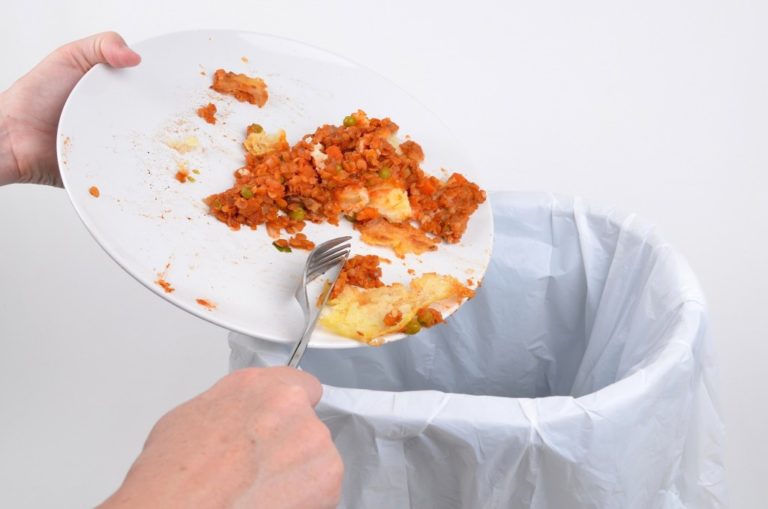What kind of waste does your organisation produce in large amounts? Knowing this is key to refining your recycling techniques.
1. Paper waste
Every organisation generates paper waste. Paper is, after all, important for both packaging and documentation activities that take place in every business. But research shows that 600,000 tonnes of paper and cardboard waste find their way to the landfills. And yet, this kind of waste is one of the easiest to reuse and recycle for other purposes.
As an organisation, you can start by investing in several HSM ProfiPack 425 cardboard shredders. They can help you shred and repurpose cardboards into new packaging material for your products. The more paper waste you recycle, the more trees you save. Cardboards and papers can also be put in compost bins.
Also, make sure you create and implement an easy-to-follow paper recycling program. You can also offer incentives through this program. This way, you can encourage more, if not all, employees to participate in recycling more paper.
2. Food waste
To what extent does your organisation contribute to global food wastage rates? The reality is that New Zealand has a significant food wastage problem. Statistics show that people in New Zealand waste $1.8 billion worth of food each year. Most of that waste goes into landfills. In a world where people die of hunger, that is a terrible waste.
If you are an employer that deals with a lot of food waste in your organisation, it’s time to do something about it. You can start by donating the left-over food after your employees have eaten. But this works best if you have in-house chefs. If every employee is responsible for bringing their food, that will not work. In that case, you need to promote composting.
Create a composting guide for your staff. If gardens are surrounding your plant or office, you can use the compost to grow plants. You can also offer that compost to avid gardeners who work within your organisation.
3. Electronic waste

New Zealand generates an average of 89 million kg of electronic waste each year. Most of this waste ends up in landfills, where it releases toxins to the environment. As part of your organisation, you need to take responsibility for your share of the electronic waste you generate. These include waste from computers, mobile phones, and other electronic materials.
You can do your part by installing bins that collect this waste within your organisation. You can also partner with your local council or specialist e-waste recyclers in your area. If you are in a position to do more than that as an organisation, then think about investing in such a project.
Your organisation is part of the world. And the world gets affected by wastes of all kinds. The more waste the world generates and disposes into landfills, the more toxins are released into the environment. So, take the time to learn what waste you produce and the steps you can take to reduce it. Do your part and inspire others to do the same.



